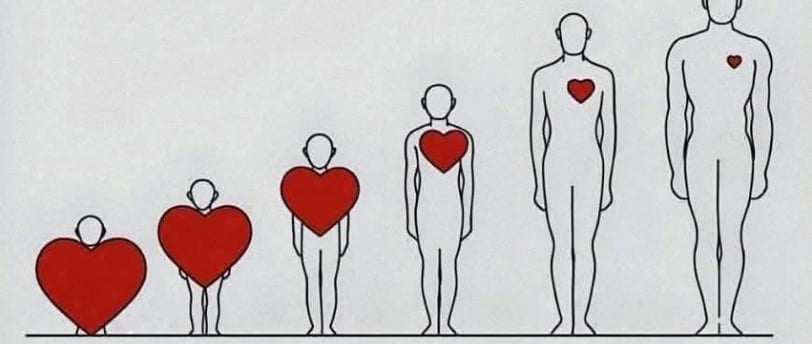Embracing the Heart: The Power of Heart-Centered Psychotherapy
Heart Centred Psychotherapy Psychotherapy isn't just about techniques and theories; it’s a profoundly humanizing and relational process. Many psychological struggles stem from relational injuries (e.g., attachment trauma, betrayal, neglect). Healing these requires the therapist to model an emotionally attuned, heart-centered connection. rather than clinical or mechanical.
Rachelle Tersigni
1/15/20252 min read


The Origins of Psychotherapy
In the realm of healing and personal growth, heart-centered psychotherapy offers a profound path to reclaiming authenticity and joy. The word psychotherapy itself reveals its deeper roots and significance. Derived from the Greek words psyche (soul or spirit) and therapeia (healing or service), psychotherapy originally encompassed the healing of the human spirit. In heart-centered psychotherapy, this foundational understanding takes center stage, reconnecting individuals with the core of their emotional and spiritual well-being.
The Heart of Trauma and the Healing Journey
Childhood trauma often leaves invisible yet deeply felt scars. Experiences of neglect, abuse, or emotional abandonment can create heartbreak—an internal fracture that disconnects us from our true selves. This heartbreak is more than a metaphor; it has profound physiological, emotional, and psychological consequences. When trauma is unresolved, it can limit our capacity to live fully, feel deeply, and connect authentically with others.
Heart-centered psychotherapy addresses this by working with both the mind and the heart, integrating body-based awareness and emotional connection to help heal the wounds of the past.
NeuroAffective Relational Model (NARM): Healing Developmental Trauma
NARM focuses on developmental and relational trauma—the kind of trauma that disrupts our early attachments and self-regulation. Unlike traditional trauma therapies that may revisit specific memories, NARM works in the present moment. It emphasizes the connection between our current challenges and the adaptive survival strategies we developed as children. By addressing the patterns of disconnection and shame, self-attack and self-judgement, NARM helps clients rediscover their authentic selves and reconnect with their hearts.
In the NARM approach, the therapist supports a client’s capacity for self-compassion and self-awareness. This relational, heart-centered engagement helps to release the constriction around the heart and restore a sense of love and trust—both in oneself and in the world.
The Science of the Heart: Insights from HeartMath
The HeartMath Institute’s research into the heart-brain connection provides a scientific foundation for heart-centered psychotherapy. HeartMath’s findings reveal that the heart generates a powerful electromagnetic field that influences both the brain and the body. Practices that foster heart coherence—a state of synchronized harmony between the heart, mind, and emotions—can reduce stress, enhance emotional resilience, and deepen feelings of love and connection.
Heart-centered psychotherapy incorporates tools from HeartMath to help clients develop greater heart coherence. Techniques such as heart-focused breathing and cultivating positive emotions support the nervous system's balance, promoting a sense of inner peace and well-being.
Living from the Heart
When we heal from trauma and reconnect with our hearts, life becomes richer and more fulfilling. Living from the heart means embracing vulnerability, embodying compassion, and cultivating deeper connections with others. It allows us to experience life’s joys and sorrows with openness and authenticity.
Heart-centered psychotherapy offers a transformative journey—one that honors the spirit, heals the wounds of heartbreak, and awakens the innate wisdom of the heart. By integrating approaches like NARM and the tools of HeartMath, it is possible to reclaim our wholeness and live more fully from the center of our being: the heart.
Intentional therapy from the comfort of your own home.
Virtual sessions in the Greater Toronto Area and across Ontario, and Quebec Canada
Telephone: 289-277-6638


Renewal: to make like new : restore one's experience to the freshness of the present, to bring vigor, to replace something old.
Instead of operating from old, outdated psychobiological and neural pathways, slowly over time, we learn to create current, updated pathways that support us to experience what we want for ourselves in life.
